1 of 7
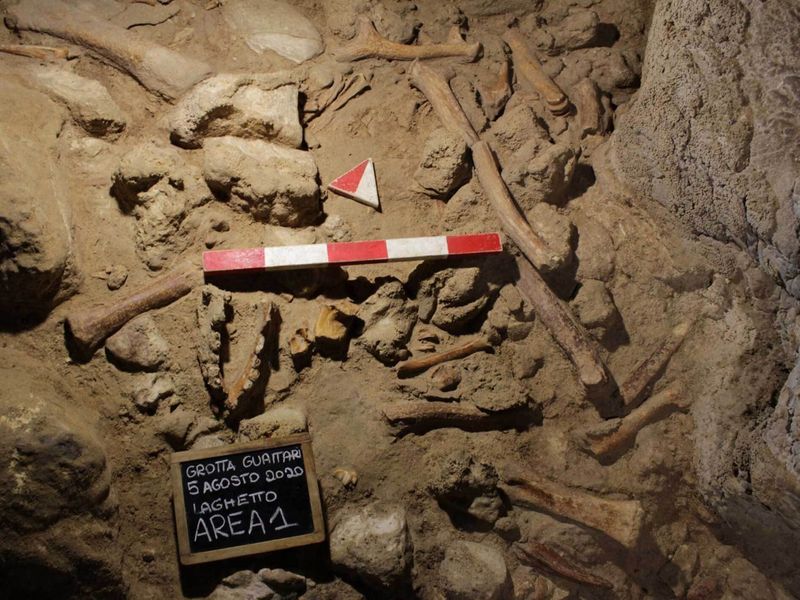
2 of 7
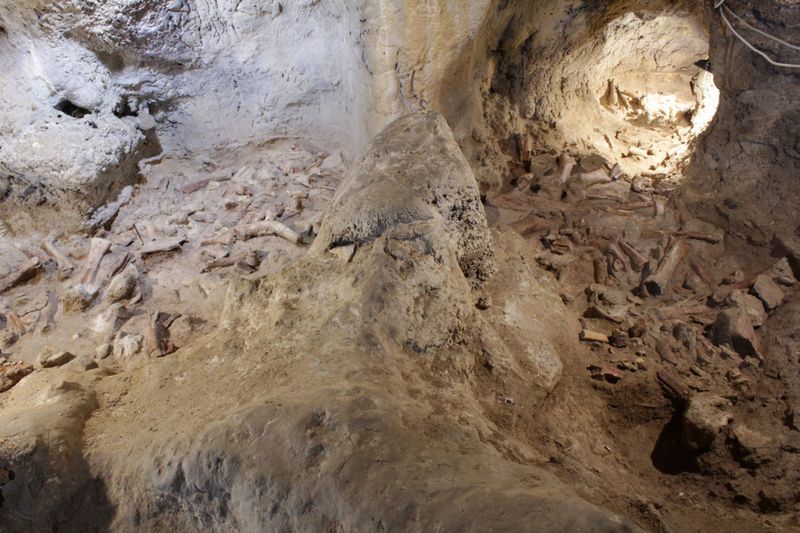
3 of 7
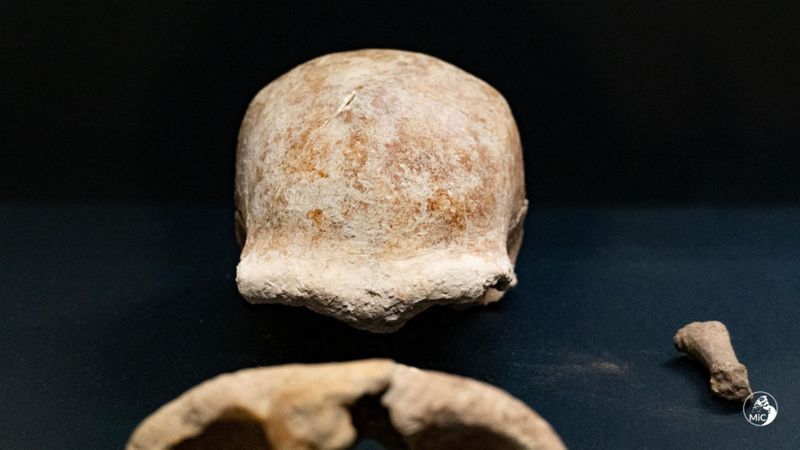
4 of 7
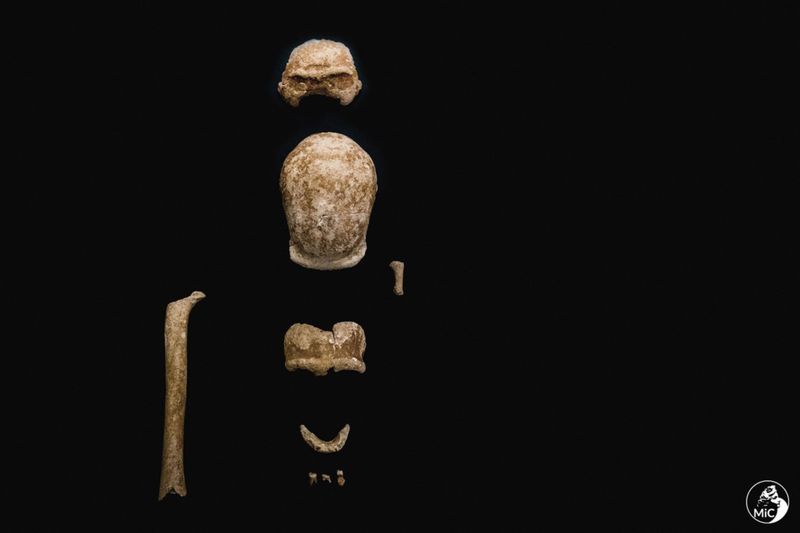
5 of 7
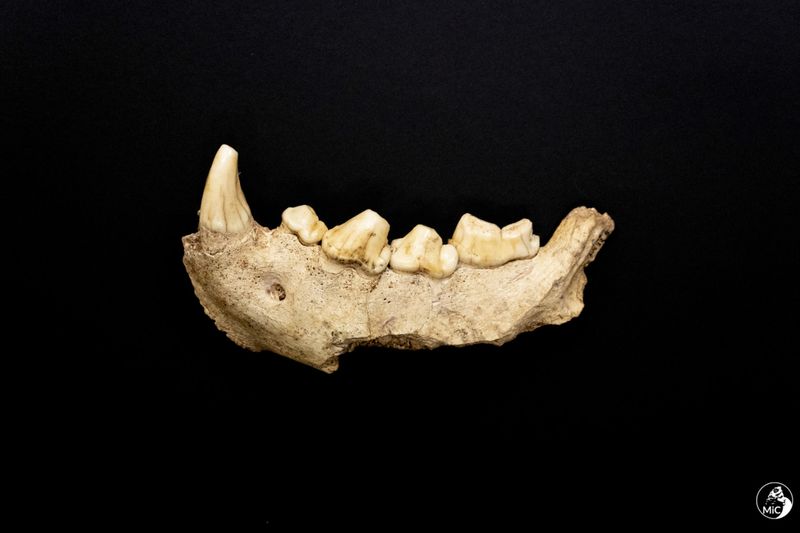
6 of 7
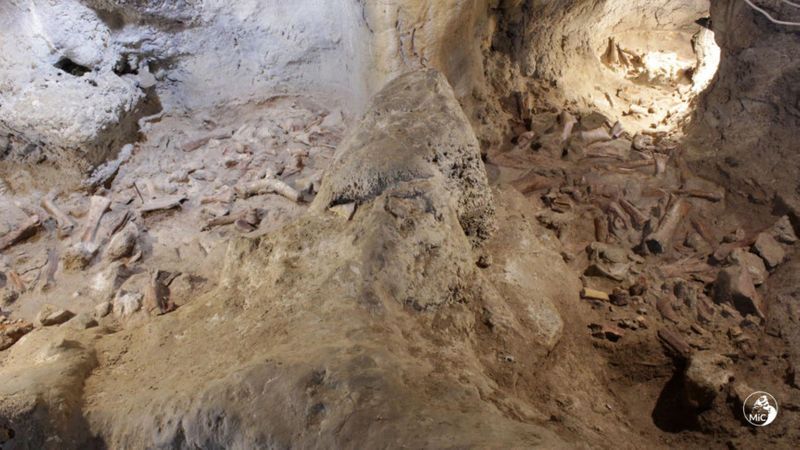
7 of 7
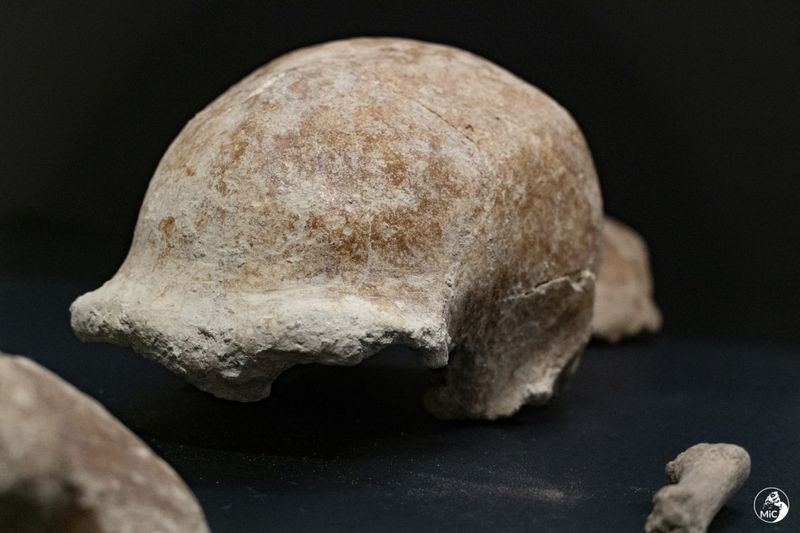
The individuals found in the Guattari Cave in San Felice Circeo are believed to be adults






